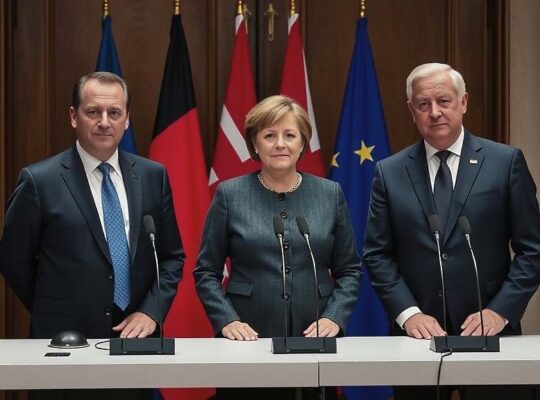Adidas faces escalating labor tensions following the sportswear giant’s recent decision to exit collective bargaining agreements, prompting the IG BCE trade union to escalate demands for wage increases and improved working conditions. In a move signaling a potential confrontation, the union has formally requested management engage in company-specific (Haustarif) negotiations.
The union’s letter, disseminated to members, outlines a package of demands including a seven percent salary increase and an additional day of paid leave for IG BCE members. To initiate the process, a preliminary negotiation commission has been established for Adidas facilities in Uffenheim and Scheinfeld. The deadline for Adidas’s response is set for November 24th. The union has warned that failure to respond constructively will trigger a phased increase in pressure, potentially culminating in strike action.
Adidas, in a brief statement, confirmed it will provide a response to the IG BCE. While the company emphasizes its commitment to fair compensation, it has simultaneously implemented a separate remuneration package attempting to preempt union demands. This package, reportedly offering a 0.5 percentage point salary increase above the previously agreed industry-wide deal and a one-off payment of €450 spread over four months, has been deemed insufficient by the union.
The situation highlights a growing trend of large corporations seeking to sever ties with industry-wide agreements, arguing for greater flexibility in managing labor costs. However, Adidas’s move risks alienating its workforce and faces a potentially damaging backlash as the IG BCE demonstrates a willingness to challenge the company’s strategy through increasingly assertive tactics. Analysts suggest the dispute could set a precedent for other German companies considering similar departures from collective bargaining, potentially destabilizing long-established industrial relations practices and fueling wider debate about the balance of power between employers and employees in the German economy. The outcome will be closely watched as a test of the union’s strength and the company’s resolve in the face of direct labor action.












